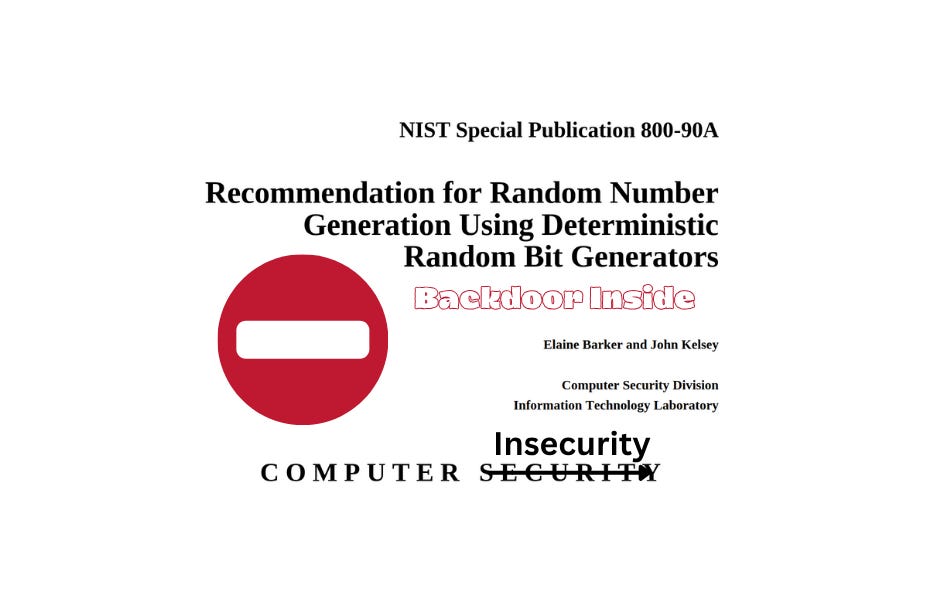Cybercrimes on The Rise: Here Are 8 Tips to Avoid Online Scams
TEMPO.CO, Jakarta - The Indonesian police have revealed a case of online scams perpetrated using the name of the state-owned pension fund company PT TASPEN (Persero). It is estimated that around 100 people, mostly retired Civil Servants (PNS), have fallen victim to this online scam.
"The majority of the victims are PNS retirees above 60 years old, making it easier for the perpetrators to manipulate them to gain access to the victims' phones and the information within," said the Head of Sub Directorate IV of the Cyber Detective Directorate of the Jakarta Metro Police Senior Commissioner Herman Edco Wijaya Simbolon in a press release on Saturday, June 7, 2025.
In this case, the police have identified three suspects with the initials EC, IP, and AM. The suspect AM, who is believed to be the mastermind behind this fraud, is still being pursued. It is suspected that he is in Cambodia and has been listed as a wanted person (DPO).
The modus operandi of this fraud involves the perpetrators posing as official employees of PT TASPEN and contacting the victims with the pretext of updating and validating data for pension fund disbursement. The victims are then asked to fill in their personal data through a fake application prepared by the perpetrators. After the data is entered, the perpetrators take over access to the victims' phones, absorb all the vital information, and ultimately drain the victims' accounts.
Technological advancements have undeniably facilitated many aspects of life, but have also created opportunities for increasingly sophisticated and hard-to-detect scam schemes. Therefore, it is crucial for the public to be more cautious and not indiscriminately provide personal data to unknown parties, especially over the internet.
So, how can one avoid online scams like this? Here are a summary of tips that can be applied:
Internet-based fraud or cybercrimes are becoming more prevalent alongside technological advancements. To protect oneself from these crimes, it is crucial for the public to remain vigilant when engaging in digital activities. Below are several tips to avoid online scam modes.
If you receive a message from an unknown or suspicious number, it is better to ignore, block, and report the number. Use applications such as Get Contact to check the identity of the number owner, or the service of CekRekening.id to examine the history of suspicious bank account numbers.
Never share your PIN, password, OTP, or any other personal data with anyone, including those claiming to be from official companies. Legitimate institutions will not request such data through personal messages or calls. If you receive an SMS or WhatsApp message claiming you as the winner of a contest, be sure to contact the official call center or social media of the relevant organization.
Another tip to avoid online scams is to be cautious of fake or phishing websites and the scam mode using call forwarding features. Scammers usually request personal data through telephone, email, fax, or other communication channels.
Additionally, always ensure that the email address and website you visit are correct and official. Do not easily fall for email scams with fake websites resembling official bank sites that request usernames and passwords.
Scammers often send fake or phishing links to steal victims' phone data. Check the source before clicking. Avoid links originating from emails or messages with urgent and unusual phrases. Make sure to only access sites from trusted and official sources.
Be cautious of promotions that sound too good to be true. Before making a purchase, read reviews from other buyers and ensure that the store or seller has a good reputation. Always use official payment systems on e-commerce platforms, and avoid direct transfers to personal seller accounts.
One of the most effective steps to protect digital accounts is to activate two-step verification or two-factor authentication (2FA). This feature adds an extra layer of security every time you log into important accounts such as email, social media, or digital banking.
Usually, you will be asked to enter an OTP code sent via SMS or an authenticator application. With 2FA, even if someone knows your password, they cannot access the account without the additional verification code.
Artificial intelligence technology can now create very convincing fake images or videos-known as deepfakes. Therefore, do not immediately trust when receiving visual content containing shocking or sensational information. Ensure to verify the authenticity of images or videos using available digital verification tools, and trace the original source before sharing with others.
Another tip to confront digital crimes is to enhance digital literacy. By understanding the workings and modes of cyber fraud, you will be more vigilant and able to take wise preventive measures.
Follow trusted news and educational sources on cyber security, and learn about the latest trends in technology-based crimes. Strong digital literacy will help protect yourself and safeguard your digital data and assets
and contributed to the writing of this article.
Click here to get the latest news updates from Tempo on Google News










